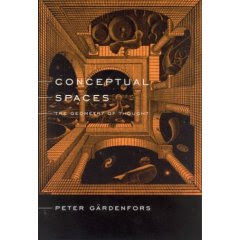http://www.nhs.uk/Livewell/NHS60/Pages/VideointroducingthenewNHS.aspx

http://www.nhs.uk/Tools/Pages/NHSTimeline.aspx
all about of health tips article,Sciences health,Health Insurance,beauty tips, healthy,diseases and drug, tips for health,health tips 2011, children health tips,exercise tips,love and sex tips,alternative treatment,health psychology, mother and child, traditional medicines ,etc
So what kind of theory is the theory of conceptual spaces? Is it an empirical, normative, computational, psychological, neuroscientific, or linguistic theory? The answer is that the theory of conceptual spaces is used in two ways in this book. On a general level, it is a framework for cognitive representations. .... On a more specific level, the framework of conceptual spaces can then be turned into empirically testable theories or constructive models by filling in specific dimensions with certain geometrical structures, specific measurement, specific connections to other empirical phenomena, and so forth. p.30.Chapter 5: Semantics gives us figure 5.9 (p.173):
 In February I posted about a day in Sedbergh the book town with marvellous weather for the time of year.
In February I posted about a day in Sedbergh the book town with marvellous weather for the time of year."... I will satisfy no one. Philosophers will complain that my arguments are weak; psychologists will point to a wealth of evidence about concept formation that I have not accounted for; linguists will indict me for glossing over the intricacies of language in my analysis of semantics; and computer scientists will ridicule me for not developing algorithms for the various processes that I describe."The subtitle - The Geometry of Thought - says it all. There are so many key concepts here. I'm looking forward to chasing the references cited and other works. I don't vandalise books usually, but hey it's summer almost and the highlighter is doing its thing. The questions run thick and fast....